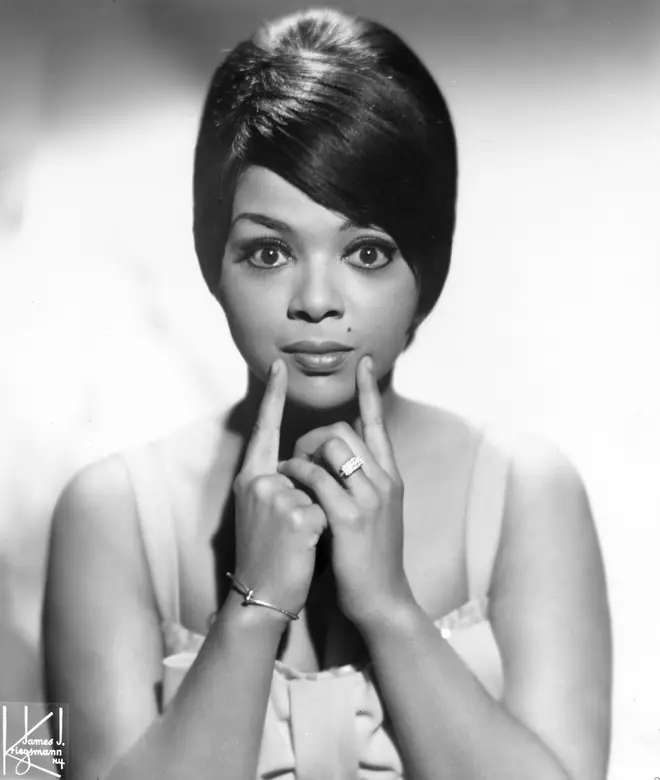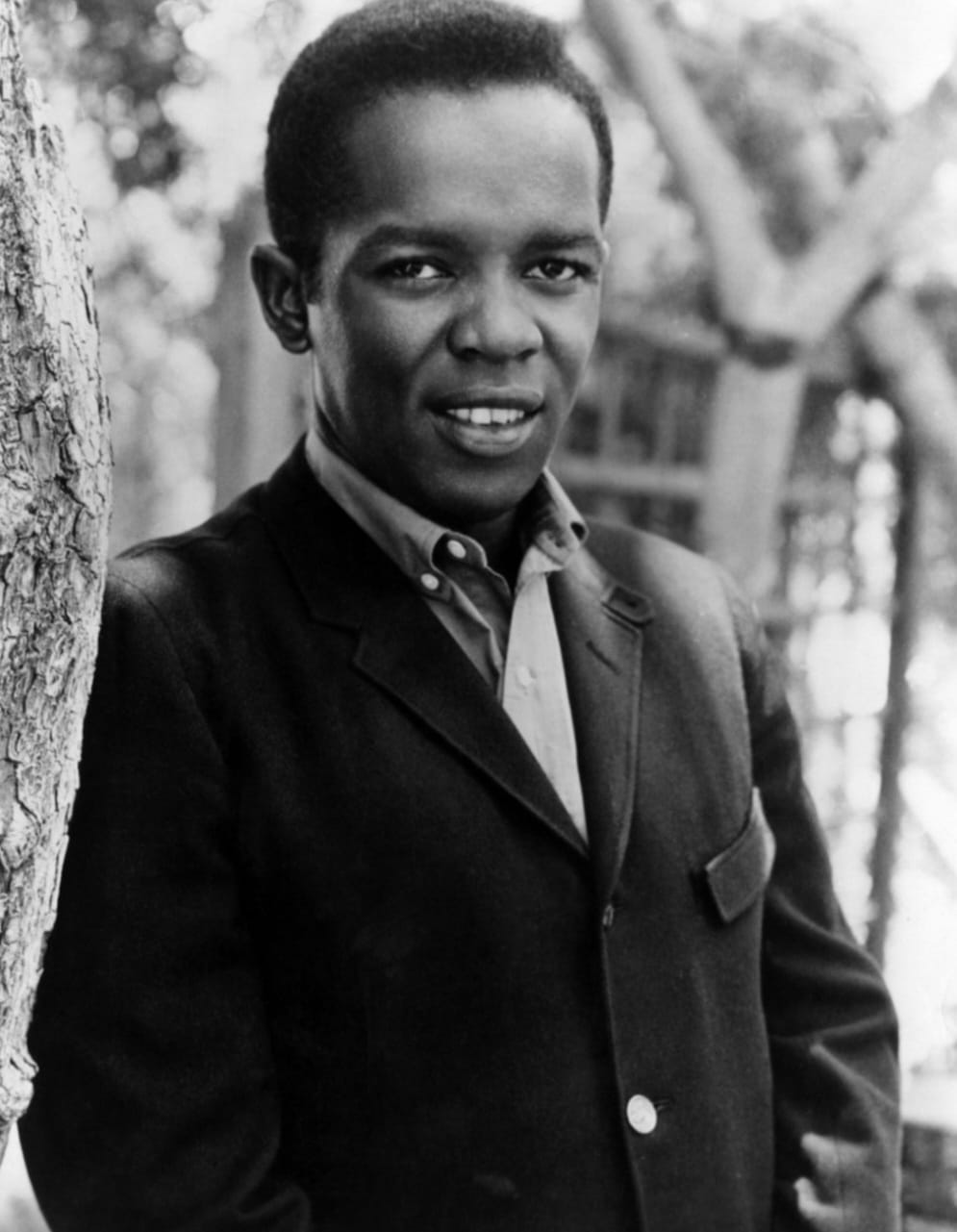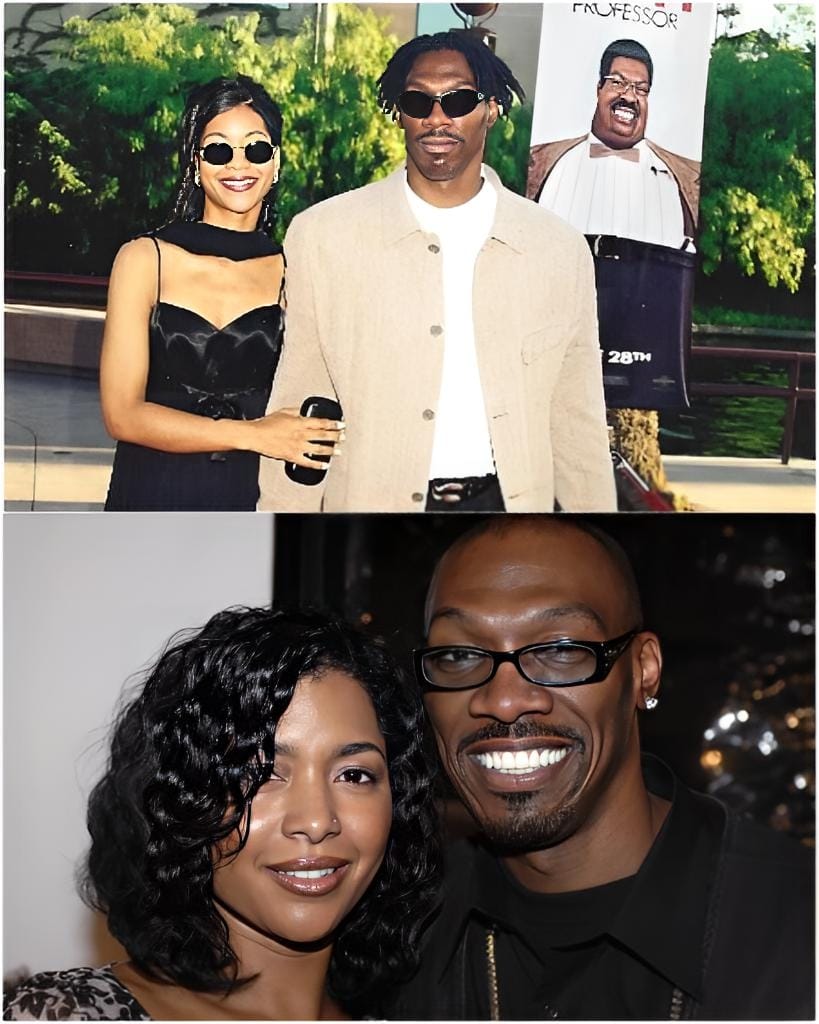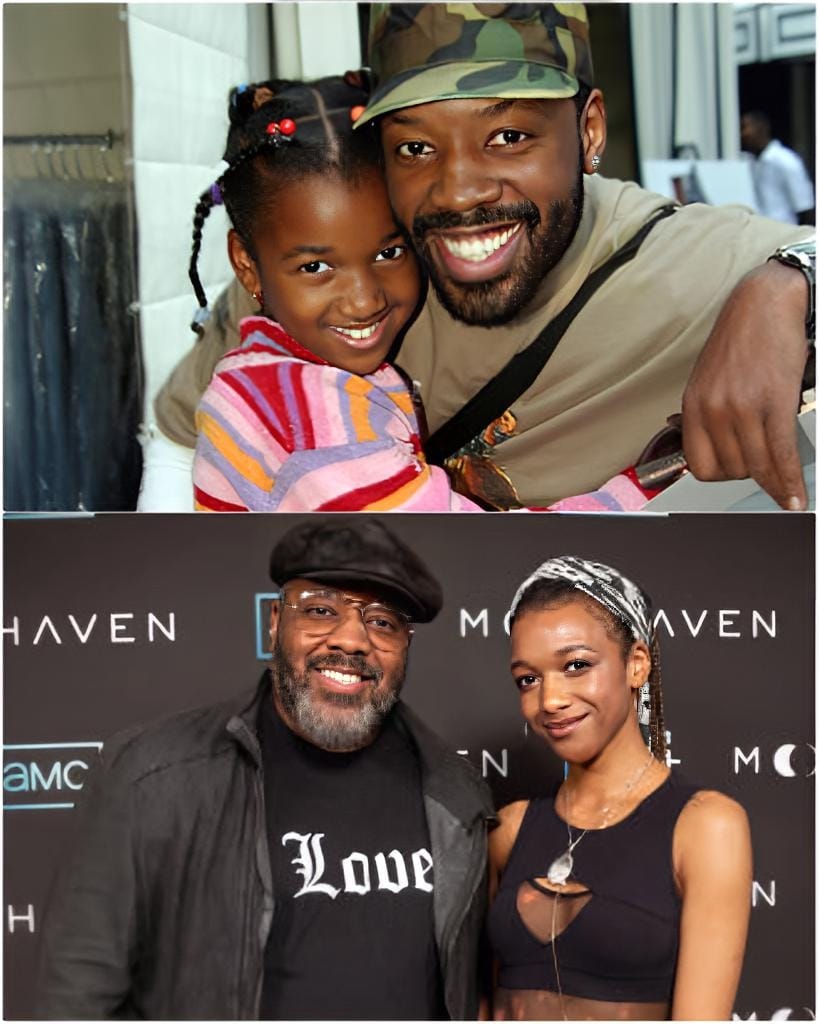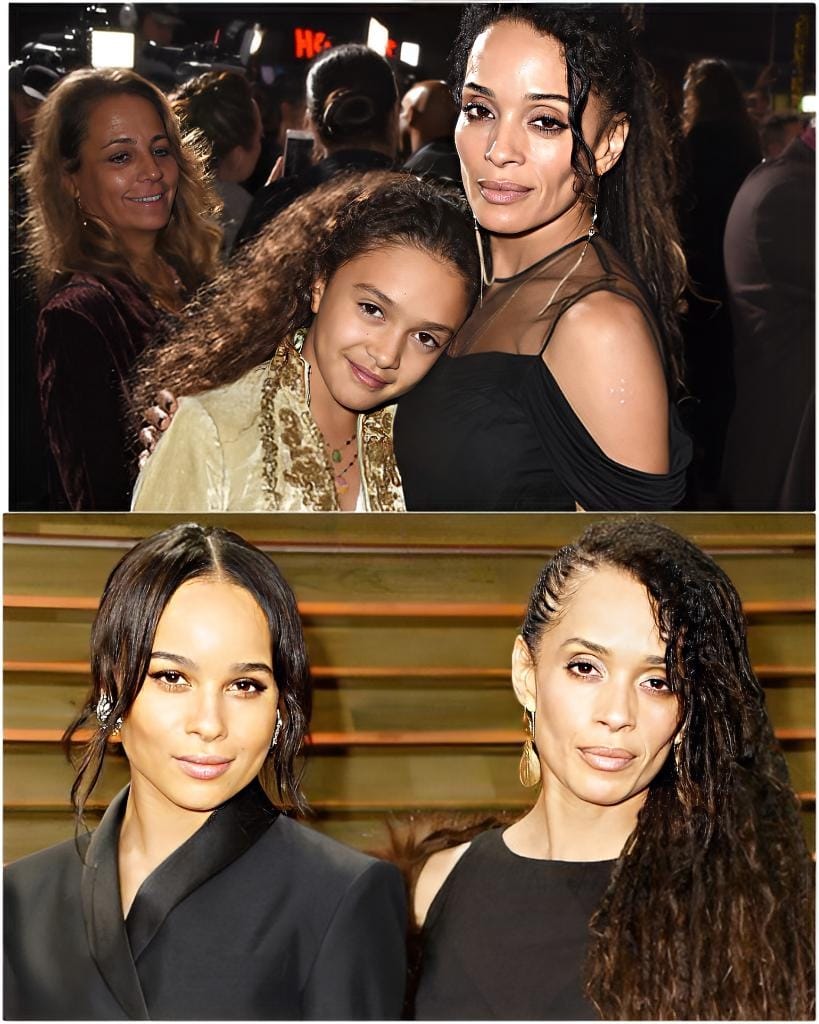Teyana Taylor became the first Black person to be named Maxim’s 𝓈ℯ𝓍iest woman in the magazine’s 21-year history, and all praise to her.
Nobody has any complaints about how worthy she is of the title – Teyana is inarguably undervalued in music despite her uniquely raw talent and, let’s face it, the woman is insanely stunning.
Those abs would grate cheese in 0.2 seconds.
So there are no qualms about why she topped the Hot 100 list, the question is: Why did it take so long for a Black woman to claim the title? It’s another case of us being marginalised in the mainstream – not that women of colour need validation from the media.
Admittedly, I had no idea that a woman with melanin had never received the honour from Maxim, but it was definitely a shock to hear that Teyana was the first.
Since the magazine launched in 2000, Jennifer Garner, Lindsay Lohan, Katy Perry and Taylor Swift are among the stars who have topped the list. Eva Longoria was named 𝓈ℯ𝓍iest woman twice, in 2005 and 2006.
With other prominent beautiful and successful stars like Naomi Campbell, Beyonce, Rihanna, Halle Berry, Kelly Rowland, Lupita Nyong’o, Gabrielle Union and Nia Long to name just a few, it’s crazy to think that these women have been overlooked in the past two decades.
 Teyana has become the first Black woman to top Maxim’s Hot 100 list (Picture: Getty Images)
Teyana has become the first Black woman to top Maxim’s Hot 100 list (Picture: Getty Images)
In 2021, it’s exhausting that Black people are still experiencing firsts.
However, the representation of women of colour in the magazine industry had long been an issue brushed under the carpet until recently, where we have seen some breakthrough moments.
In 2017, The Guardian conducted research on 214 covers of 19 top-selling magazines. They found two months of the year where every single one of those covers were exclusively white – that meant not a single woman of colour was made a cover star. Of the whole year, only 20 covers featured a person of colour.
These figures are just a snapshot into how Black women can be marginalised by magazines with influence and power.
Going back to 2002, a study by Mark E Hill at the Pennsylvania State University used data from the National Survey of Black Americans (NSBA) to determine how skin colour consciously or unconsciously influenced assessment of physical attractiveness among African-American adults.
The results indicated that ‘skin tone influenced the attractiveness ratings assigned to Black women in a compelling and monotonic manner’.
 All bow to Teyana (Picture: Getty Images)
All bow to Teyana (Picture: Getty Images)
However, the overwhelmingly positive response to Teyana being named Maxim’s 𝓈ℯ𝓍iest woman shows that Black can and does sell.
This was proven in 2015 when almost every September issue, the most important in a glossy’s calendar, was dominated by Black women. Beyoncé graced Vogue’s cover, while we also had Ciara for Shape, Kerry Washington for Self, Amandla Stenberg for Dazed, Willow Smith for i-D, Misty Copeland for Essence and Serena Williams on the cover of New York Magazine.
It was a powerful moment that signalled that, perhaps, Black beauty was finally seen as universal beauty. However, this should have been normalised a long time ago.
Not to take away from any of those achievements or that of Teyana’s but, while it was indeed a groundbreaking step, it doesn’t in any way validate that Black is beautiful. Just because Teyana’s the 𝓈ℯ𝓍iest Black woman in 2021, doesn’t mean there weren’t any before her.
Our community has known it forever and while it’s important to see Black women held up to the same standards as white women, it shouldn’t be glorified as a mark of acceptance from non-Black people.
Teyana didn’t need to be told by Maxim that she’s one of the ‘hottest’ celebrities around but the acknowledgement on a big platform and the visibility of seeing a Black person in this position normalises it.
She deserves to be named the 𝓈ℯ𝓍iest Black woman on her own merit as much as the next white woman. Hopefully she’s not the token or that we’ll have to wait another 21 years before we see someone of her skin tone on the cover again.
Maxim saw it 21 years too late, but late is better than never.
